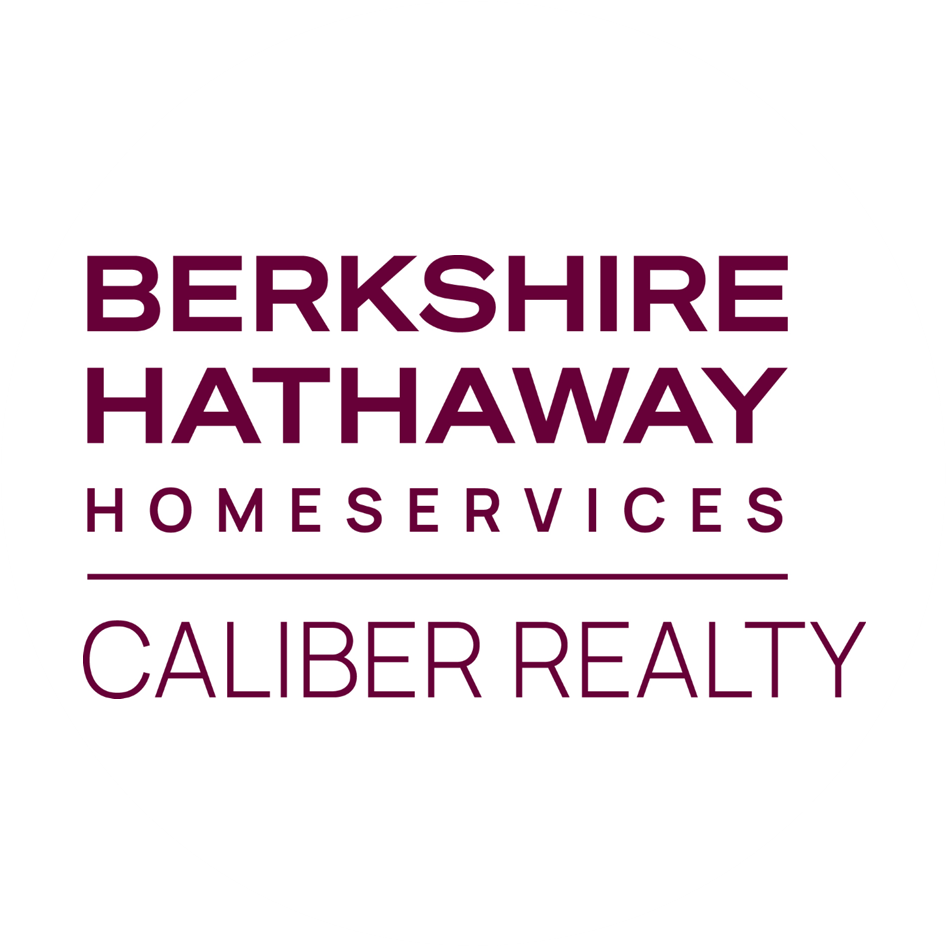Best Practices for Managing Rental Property Finances

Financial management is crucial to successful property management in College Station. There are many ways to streamline the process and ensure the profitability of your investment properties. Here are some tips to make managing your finances easier.
THE IMPORTANCE OF FINANCIAL MANAGEMENT FOR RENTAL PROPERTY
Rental property accounting is important for property investors who want to analyze their real estate investments, keep track of cash flow and expenses, and get ready for tax season. Not having a financial management system in place for each rental property can make it harder to identify money pits and income generating opportunities.
Whether you choose to work with Berkshire Hathaway property management or to do it yourself, sound financial management is the key to maximizing your real estate investments. Bookkeeping and accounting will make it easier to assess how well your rental property is performing in the housing market. These functions will also help you safeguard your investment and ensure optimal performance.
When managing your real estate portfolio, asking some of these questions will guide you towards sound financial management:
- How much is your budget for repairs and replacements?
- How much should you charge tenants each month?
- What is the best way to manage the flow of checks, invoices, and management fees?
- Are any of your rental properties eating into your monthly or annual profits?
There are different kinds of rental property income and expenses that need to be tracked regularly. To ensure proper bookkeeping, landlords usually track the following:
- Rental income includes rent payments, move-in fees, early termination fees, pet deposits, and security deposits that cover any damage to the property or unpaid rent.
- Operating expenses usually consist of cleaning fees, property maintenance, real estate taxes, homeowner association (HOA) fees, landlord insurance premiums, legal fees, utilities, advertising and marketing, and car and travel expenses.
- Tax deductibles such as property-related costs and rental property depreciation, which can help lower your taxable income. Rental property depreciation refers to the reduction in property value due to damage or wear and tear, and can help property investors recoup costs related to income-producing properties, including home improvements and property management fees.
If you’re managing a growing portfolio of rental properties, it can be challenging to keep up with administrative work. However, setting up a financial management system will help improve the process and free up your time for other income-generating activities.
TIPS FOR MANAGING RENTAL PROPERTY FINANCES
Create Dedicated Financial Accounts
When managing the finances of a rental property, it is advisable to set separate banking accounts for each rental. Separating your personal savings from rental property funds and setting up a business structure, such as an LLC, can provide a measure of asset protection. Most property investors will have at least one checking account through which they receive income and pay the expenses of their rental property.
- Checking account – It gets easier to manage rental property income and expenses when you have dedicated financial accounts. A business structure to hold your rental property will separate your personal savings from business finances. Otherwise, you risk commingling your personal and business funds in the same accounts.
- Savings account – Although most states require landlords to maintain a separate account for security deposits, Texas does not require them to hold security deposits in a dedicated escrow account. However, having a separate and dedicated savings ro escrow account can be helpful and cost-effective if you own and manage multiple rental properties. This also prevents you from accidentally spending tenants’ deposit money.
Track Rental Income and Expenses
- Tracking rental income involves monitoring gross rents and other property income sources, such as monthly garage space rent, parking fee, storage fee, or pet rent as well as income from coin-operated laundry machines on the property.
Tracking rental income accurately will help you set a budget for managing, maintaining, and operating the property. Moreover, rental income must be declared and is subject to federal and state taxation.
- Tracking rental expenses has to do with keeping track of the costs related to a rental property, such as cleaning, maintaining, advertising, and managing the property as well as travel expenses and other incidentals related to the rental.
Put Systems in Place
There are several software options that can help with financial management, tenant screening, and collecting rental payments. These software options have varying price structures. Many landlords also use an Excel spreadsheet to manually track rental property income and expenses. Files for receipts, bills, financial statements, tax assessor statements and other important documents can be shared with accountants and tax professionals via Google Drive.
Get in touch with Berkshire Hathaway HomeServices (BHHS) Caliber Realty for any questions or concerns about rental property management in College Station and the surrounding areas. Get in touch with us at 979.694.8844 or send an email here.


